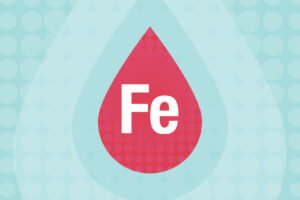Readying your teen to go to college means more than picking meal plans and packing clothes and sheets. It’s also preparing for the inevitable health issues that come up during their first time living outside of the family home.
Most colleges provide a list of immunizations that your teen should have before stepping on campus. To meet those requirements, your child may need booster shots to prevent diseases such as meningitis, which is one of the most common and serious illnesses among college students because it can spread rapidly in close quarters like dorms, dining halls, and classrooms.
“We suggest that college students get recommended immunizations, including an annual flu shot and the COVID-19 vaccines,” says Robert Pedowitz, DO, medical director of Family Practice of CentraState. “They should also take steps to protect themselves from illnesses such as the common cold or mononucleosis. This starts with good hygiene techniques such as regular handwashing, as well as healthy eating and adequate sleep. And before they go, it’s a good idea to schedule a general physical to discuss their health and determine if they have concerns that need to be addressed.”
Both private and public colleges have requirements or guidelines regarding COVID-19 vaccinations and masking for students, which are largely dependent on the rate of infection in their region. Students should be reminded to keep their COVID-19 vaccination card in a safe place, and to keep a copy of it as well.
The stress of a new living and learning environment, meeting new people, and high academic expectations can take a toll on a student’s mental health. Both you and your teen should learn about campus resources before an issue arises, or make a care transition plan for ongoing treatment with your physician. Keep in mind that your teen may be homesick at times. Sending a care package goes a long way. Also, schedule set times to talk with your child to provide the support that they, and you, may need.
There are practical considerations, too. Make sure your teen understands what kind of health insurance coverage they have and how to make an appointment with college health services or urgent care.
“Many parents don’t realize they may no longer have the legal right to access medical records or make medical decisions for a child over age 18,” says Dr. Pedowitz. He recommends asking teens to sign a HIPAA waiver that allows parents to discuss health concerns with their doctor. Also, it may be advisable to complete a Durable Power of Attorney for Health Care, which the student must sign.
While all of this might sound overwhelming, remember that with your support, your student can stay healthy while having a great, successful college experience.
For more information on primary care services at CentraState, visit centrastate.com/primarycare or call 866-CENTRA7 (866-236-8727).





